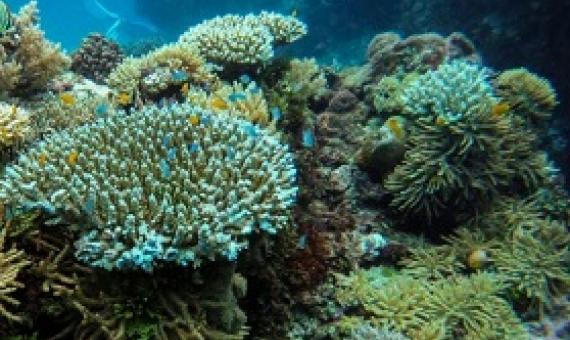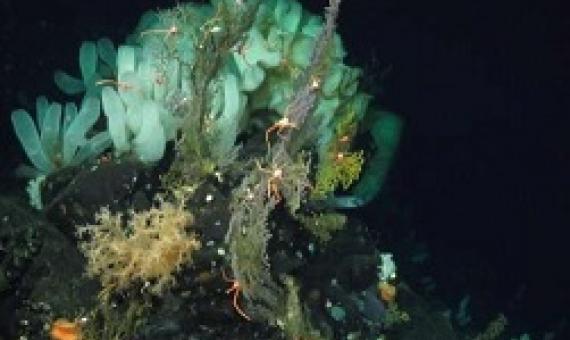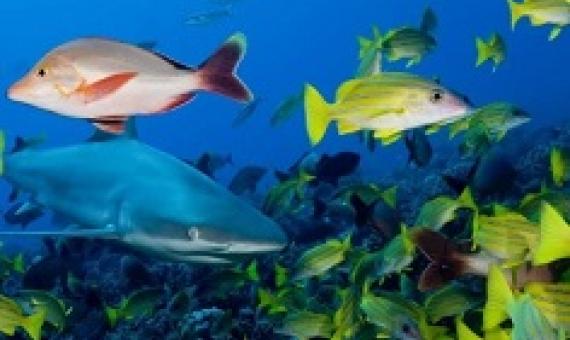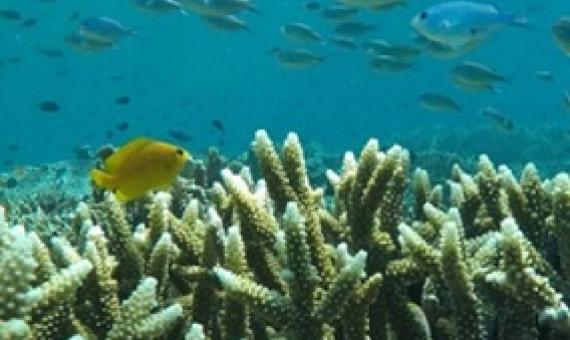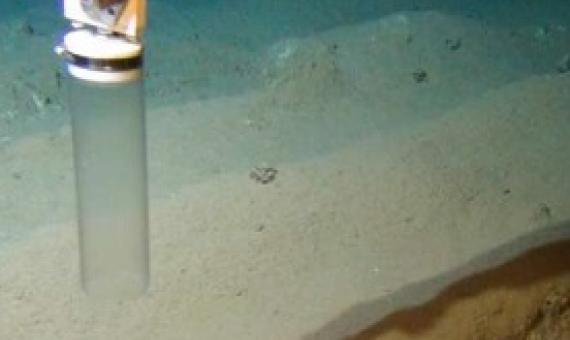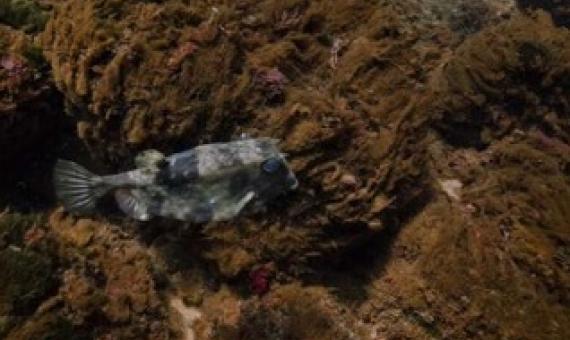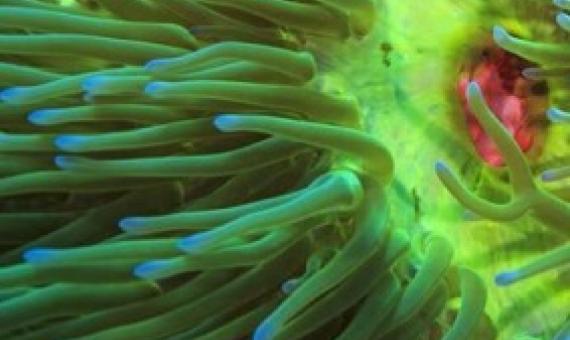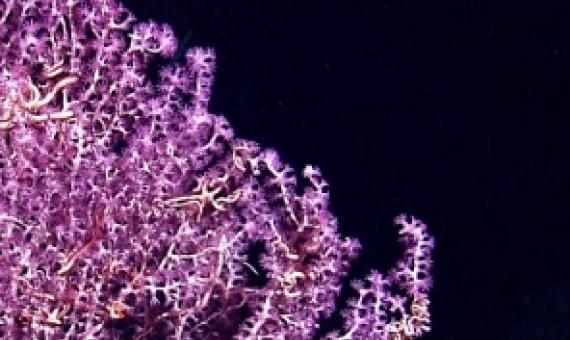New research from the Australian Institute of Marine Science (AIMS) has found that large and powerful cyclones can harm coral reefs as far as 1000km away from their paths due to the extreme ocean conditions that they can churn up.
The world's deep oceans are warming at a slower rate than the surface, but it's still not good news for deep-sea creatures according to an international study. The research, led by University of Queensland Ph.D.
Coral reefs around the world are declining because of human activities such as overfishing, land-based pollution, and climate change, but new research finds that strategic local management can make a significant difference in their capacity to sustain biodiversity, including that of fish populati
A new study reveals clear evidence highlighting the importance of fish biodiversity to the health of spectacular tropical coral reef ecosystems.
Heat-evolved microalgal symbionts increase coral bleaching tolerance
Coral reefs worldwide are suffering mass mortalities from marine heat waves. With the aim of enhancing coral bleaching tolerance, we evolved 10 clonal strains of a common coral microalgal endosymbiont at elevated temperatures (31°C) for 4 years in the laboratory. All 10 heat-evolved strains had expanded their thermal tolerance in vitro following laboratory evolution. After reintroduction into coral host larvae, 3 of the 10 heat-evolved endosymbionts also increased the holobionts’ bleaching tolerance.
A team of fisheries scientists and marine policy experts, led by a University of Rhode Island researcher, examined how climate change is affecting the ocean environment and found that the changing conditions will likely result in increased fisheries-related conflicts and create new challenges in
The environmental impact of deep-sea mining is only partially known. Also, there is a lack of standards to regulate mining and set binding thresholds for the impact on the local organisms.
Rising carbon dioxide in the atmosphere and the consequent changes created through ocean acidification will cause severe ecosystem effects, impacting reef-forming habitats and the associated fish, according to new research.
Though coral reefs are in sharp decline across the world, scientists say some reefs can still thrive with plentiful fish stocks, high fish biodiversity, and well-preserved ecosystem functions.
Beyond the horizon, more than 200 nautical miles from shore, lies an area of the ocean known as the high seas. These waters, beyond the jurisdiction of any nation, make up roughly two-thirds of the ocean and cover nearly half of the planet’s surface.

